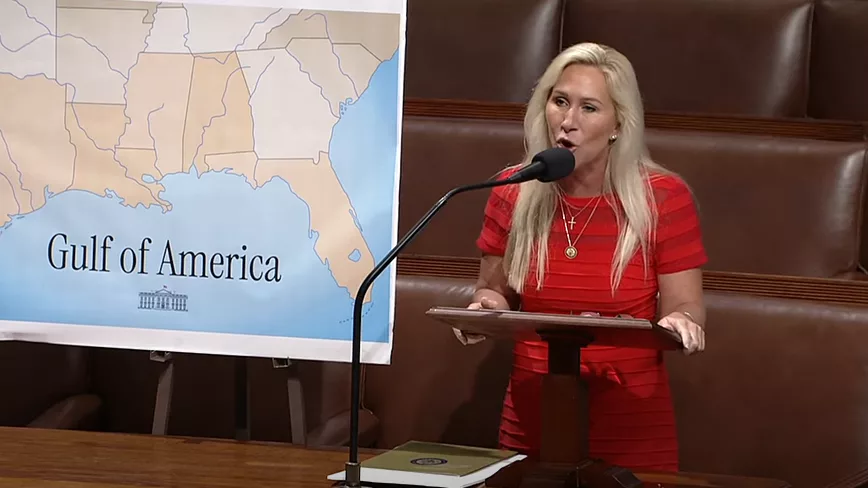U.S. – As corporate ownership of residential property across the country rises nationwide, researchers from the Lincoln Institute of Land Policy and the Center for Geospatial Solutions, which is housed at the institute, warn this rising trend has complicated the housing market for first-time buyers.
According to a joint “Who Owns America” report, nearly 9% of residential parcels in 500 U.S. counties are owned by a corporation. The concentrations exceed 20% in some cities, including St. Louis, Missouri; Harrisonburg, Virginia; and Franklin, Ohio.
Researchers told Stateline they define “corporate ownership” as any rental property held under a formal business entity, whether a single-property LLC or large institutional investors such as Blackstone. They also track three factors: whether the owner is a business entity, whether it is based in- or out-of-state, and the size of its housing portfolio.
Roughly 2% of residential lots are owned by out-of-state investors. Investors have shifted their capital to older industrial metros such as St. Louis, along with Buffalo, New York, and Akron and Toledo in Ohio, where rents are rising and vacancy rates are extremely tight.
Although corporate owners currently hold a modest share of all residential parcels nationwide, their footprint is expanding steadily, said Reina Chano Murray, associate director at the Center for Geospatial Solutions.
“Corporate ownership may look small on paper, around nearly 9% across the counties we studied, but that share is steadily increasing,” said Chano Murray. “Even if corporate owners don’t make up a huge percentage right now, the trend line is clear. They’re growing.”
This past year, states took a major step in attempting to use legislation to rein in corporate ownership of rental homes. According to an August report by the conservative think tank American Enterprise Institute, lawmakers in 22 states have introduced such legislation in 2025, including in California, New York and Texas. Cities in Indiana have capped the percentage of single family homes that can be rented in a neighborhood.
AEI, however, believes the issue of corporate land ownership is a “narrative [that] is not supported by empirical evidence,” highlighting that less than 1% of institutional investorship is in residential property, according to its report.
Earlier this year, New York Gov. Kathy Hochul, a Democrat, proposed a 75-day moratorium on institutional or corporate investors buying single- and two-family homes to disincentivize those groups from buying up housing stock at the cost of individual buyers.
Washington state lawmakers have floated caps on how many units a single investor may own. In 2024, Colorado enacted a law that gave cities a right of first refusal on some multifamily property sales. Locally, some redevelopment authorities in Cincinnati and Minneapolis are using their own capital to compete, by directly acquiring and preserving single-family homes for low- and moderate-income buyers.
The impact of corporate residential ownership, researchers at the Lincoln Institute say, is most severe for first-time buyers, who are increasingly outbid by cash offers from well-endowed investors.
“For first-time homebuyers, it’s a double whammy. Units are being removed from the marketplace, and investor competition is driving up prices,” said George McCarthy, president and CEO of the Lincoln Institute. “Cash-only transactions make up nearly a third of single-family sales this year, and those aren’t families with briefcases full of cash.”
Stateline reporter Robbie Sequeira can be reached at rsequeira@stateline.org.
This story was originally produced by Stateline, which is part of States Newsroom, a nonprofit news network which includes Washington State Standard, and is supported by grants and a coalition of donors as a 501c(3) public charity.
Washington State Standard is part of States Newsroom, a nonprofit news network supported by grants and a coalition of donors as a 501c(3) public charity. Washington State Standard maintains editorial independence. Contact Editor Bill Lucia for questions: info@washingtonstatestandard.com.





